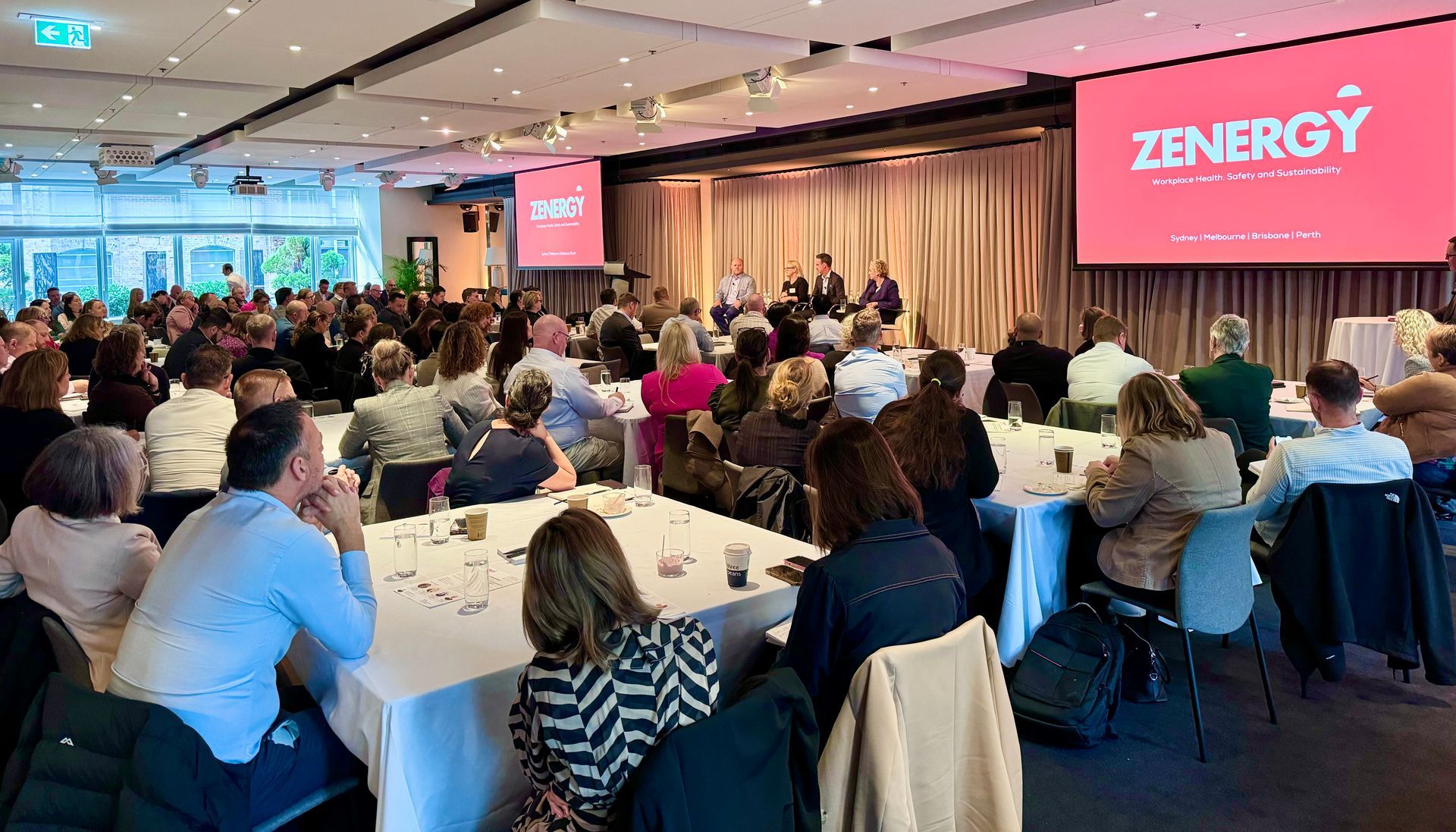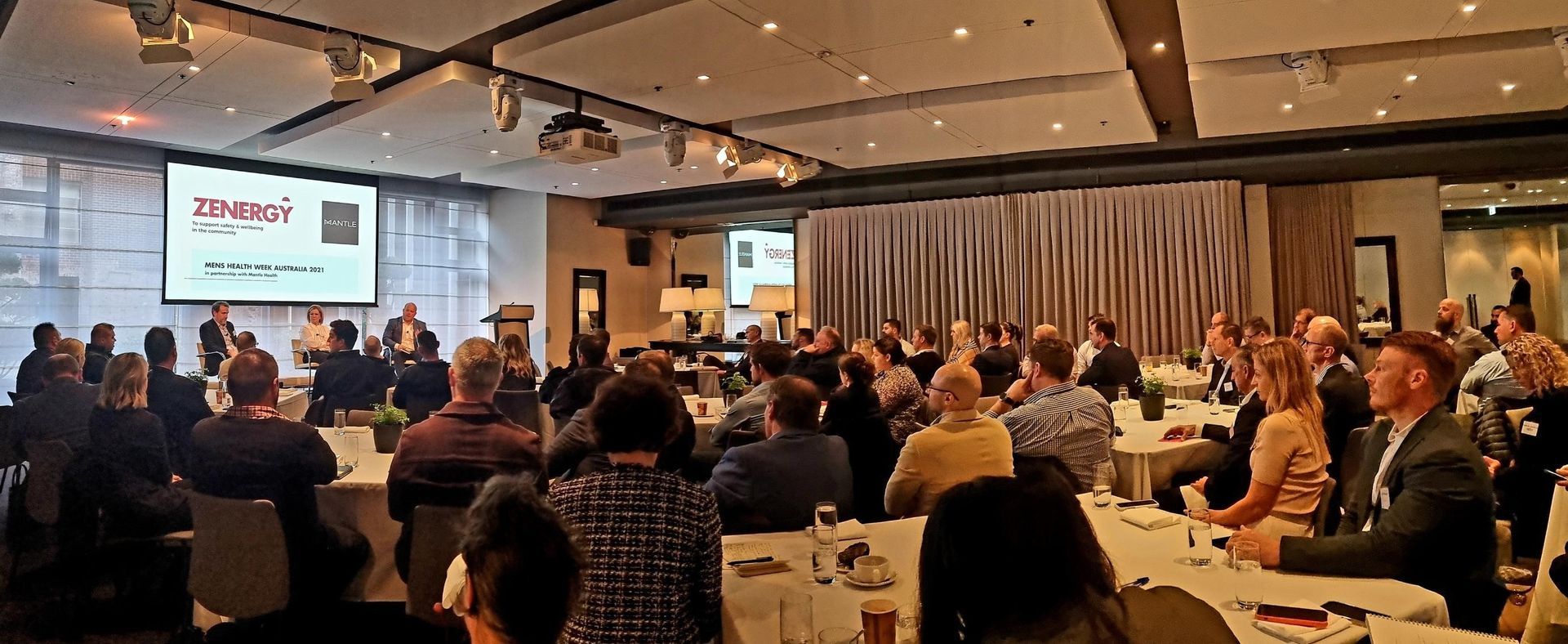Challenge to mandatory vaccinations fails in court
Two groups of workers in New South Wales who refused COVID-19 vaccinations initiated legal proceedings against the NSW health minister and chief medical officer, the State and the Commonwealth. They claimed that the public health orders restricting the rights of unvaccinated individuals are invalid, unreasonable, beyond the scope of the public health laws, made for improper purposes and don’t give them natural justice. The Supreme Court of NSW has examined their claims and rejected them all.
The anti-vaccination claims
The main focus of the two proceedings was the orders preventing ‘authorised workers’ from leaving an affected ‘area of concern’ where they live, and preventing unvaccinated people from working in the construction, aged care and education sectors.
The first group of workers claimed that the health minister did not have the power to make those public health orders. They claimed the orders were either outside the scope of the Public Health Act 2010 or unreasonable because of the effect on fundamental rights and freedoms – especially their right to their own bodily integrity.
The second group claimed that because of the impact on their rights and freedoms, the public health orders were made for an improper purpose, and that the minister had failed to have regard to relevant considerations, asked the wrong questions, acted unreasonably and failed to afford them natural justice.
The plaintiffs also asserted that the orders were inconsistent with the immunisation register legislation and that they implemented ‘civil conscription’ (obliging civilians to perform compulsory service for the government), which is inconsistent with the Australian Constitution.
The groups included the director and OHS officer of a supplier to Sydney construction sites, three aged care workers, a teacher, a cleaner, a mechanic, a hospital employee and a pregnant health care worker employed by a pathology agency.
Both groups contended that the practical effect of the orders was to force people to get vaccinated or lose their jobs, and that therefore they won’t have been exercising a free choice in consenting to be vaccinated.
Their objections included statements that they have ‘the right to make [their] own medical decisions alongside medical professionals’, a ‘basic human right … to bodily integrity’, and beliefs that COVID-19 vaccines do not provide immunity or lessen transmission rates, and that they carry risks of adverse reactions.
Efficacy and side effects of the COVID-19 vaccines
The court considered affidavits and evidence from a number of medical experts expressing a range of views. On the basis of their respective qualifications and how they were able to substantiate their opinions, the Judge accepted the view supported by the weight of proper scientific opinion that COVID-19 vaccines reduce the risk of infection and transmission of the disease, attenuate the symptoms and possible consequences, and generally have only mild to moderate short-term side effects.
Violating bodily integrity and restricting freedom of movement
The claim here was that individuals should not be coerced into being subjected to a medical treatment, and that such coercion violates their right to bodily integrity.
The Judge formed the view that the public health orders do not amount to a violation of anyone’s right to bodily integrity, because the orders do not authorise involuntary vaccination. Instead, the public health orders impede unvaccinated people’s freedom of movement, which has consequences for their ability to work.
The court concluded that though the public health orders curtail freedom of movement which in turn affects a person’s ability to work and socialise, this does not mean the orders are invalid or unreasonable.
If the orders had curtailed freedom of movement based on some arbitrary ground such as race, gender or political opinion, it could well have been considered unreasonable and invalid.
‘However, the differential treatment of people according to their vaccination status is not arbitrary’, the Judge said, because the ‘material difference between being a person who is vaccinated and a person who is unvaccinated …[is] … the degree of transmission threat they represent to others’.
‘Freedom of movement is undoubtedly important’, he wrote, but it’s ‘not necessarily [a] positive right’. Regardless, the Public Health Act clearly authorises curtailing that freedom, sometimes severely.
The health minister did not act unreasonably in considering the public health orders necessary to deal with the identified risk to public health and its possible consequences.
The court rejected all the grounds for the court actions, and dismissed the proceedings.
The bottom line: The public health orders restricting the freedom of unvaccinated people’s movement were legally valid, and reasonable.
Read the judgment
Contact Us
We will get back to you as soon as possible.
Please try again later.
Zenergy News



Contact Us
For more information on our services feel free to email us on -
info@zenergygroup.com.au or call 1300 333 400
Sydney
25 Brisbane Street
Surry Hills
Sydney NSW 2010
Melbourne
Level 23, Tower 5, Collins Square
727 Collins Street
Melbourne VIC 3008
Brisbane
Level 54, 111 Eagle Street
Brisbane QLD 4000
Perth
Level 25, 108 St Georges Terrace
Perth WA 6000
Recent News


© ZENERGY 2022 | Privacy Policy |





